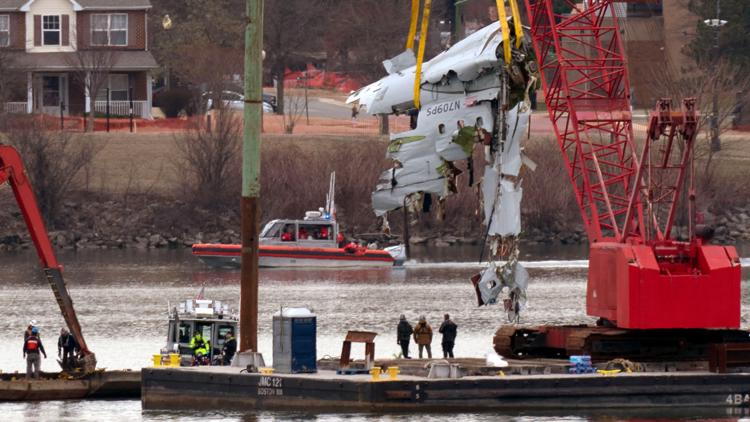The U.S. military conducted airstrikes on four vessels in the eastern Pacific Ocean that were allegedly involved in drug trafficking operations. According to Defense Secretary Pete Hegseth, the strikes resulted in the deaths of 14 individuals, with one survivor reportedly rescued from the scene. The operation is part of ongoing efforts to combat narcotics trafficking in international waters.
The strikes occurred on October 15, 2023, as U.S. forces intensified their focus on disrupting drug trafficking networks that exploit maritime routes. Since the beginning of the year, the U.S. has ramped up its military presence in the region, aiming to counter the increasing flow of illegal narcotics, particularly those originating from Central America.
Details of the Operation
Reports indicate that the vessels were identified as part of a larger network suspected of transporting significant quantities of drugs. The U.S. military’s operational strategy has involved real-time intelligence gathering and surveillance, which facilitated the precise targeting of these vessels. This operation highlights the multi-faceted approach the U.S. is employing, combining military might with intelligence to address the challenges posed by transnational drug cartels.
In a statement, Secretary Hegseth emphasized the importance of these actions, stating that they are vital to maintaining regional stability and addressing the threats posed by drug trafficking. “These operations not only target drug traffickers but also aim to protect communities from the devastating impact of narcotics,” he said.
Ongoing Efforts and Future Implications
The strikes are part of a broader initiative by the U.S. military to enhance maritime security in the Pacific. The region has seen a surge in drug-related activities, prompting U.S. officials to collaborate with partner nations to strengthen enforcement capabilities.
The military’s actions come amid rising concerns over the effects of drug trafficking on both domestic and international fronts. Officials are increasingly aware that these organizations not only pose a threat to public safety but also have broader implications for national security.
As the situation evolves, further operations may be anticipated, with the U.S. committed to disrupting the supply chains that fuel the global drug trade. The military’s focus on these maritime routes underscores the need for a robust and coordinated response to combat the challenges posed by narcotics trafficking effectively.
The loss of life in such operations raises critical discussions about the balance between enforcement and humanitarian concerns, particularly regarding the individuals involved in these trafficking networks. As the U.S. continues its efforts, the implications for international cooperation and regional security remain significant.







